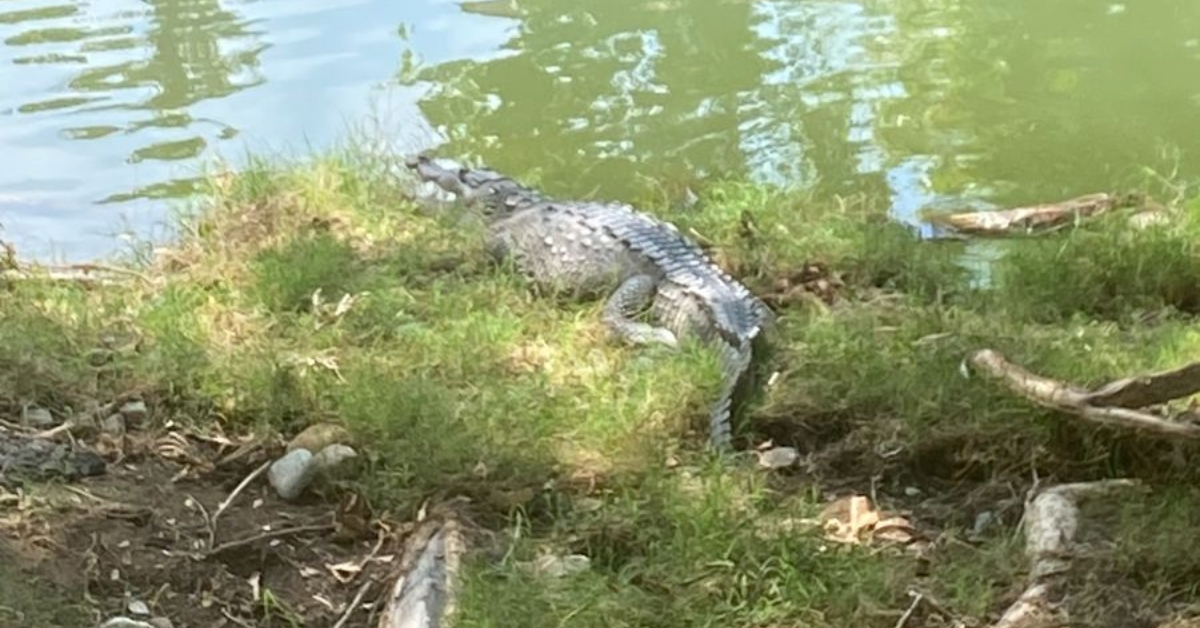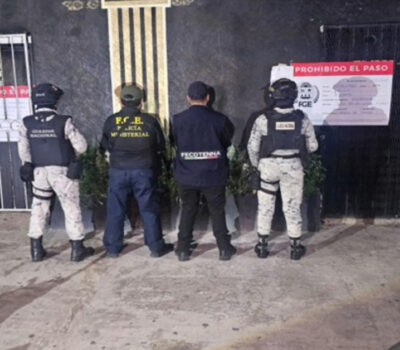Civil Protection authorities in Puerto Vallarta warn that crocodiles have been approaching Holly Beach’s shore due to seasonal habitat changes and rains. Visitors are urged to avoid swimming, stay vigilant at dusk, and report sightings immediately.
Civil Protection and Public Safety officials in Puerto Vallarta have issued an urgent advisory for anyone planning to stroll along Holly Beach: exercise caution and maintain a respectful distance from the water’s edge. Recent observations indicate that crocodiles have been coming unusually close to shore—behavior experts attribute this shift to seasonal rains, habitat displacement, or a simple search for food.
“This is not a cause for panic,” emphasized María Torres, spokesperson for Puerto Vallarta Civil Protection. “However, people must be aware that these are wild animals with unpredictable behaviors. Approaching them, feeding them, or attempting to touch them can lead to dangerous encounters.” Authorities urge both locals and tourists to heed warning signs posted at access points and to refrain from swimming in the designated no-go zones.
Wildlife biologists note that the American crocodile (Crocodylus acutus), native to mangrove swamps and brackish lagoons along Mexico’s Pacific coast, sometimes ventures onto sandy beaches when rivers swell after heavy rainfall. “Rising water levels can flood the crocodile’s usual habitat,” explained Dr. Luis Herrera of the Universidad de Guadalajara’s Department of Ecology. “They seek higher, drier ground, and unfortunately that can bring them right up onto popular recreational areas like Holly Beach.”
Sightings have been most frequent during dusk and after dark, the periods when crocodiles typically hunt. Beachgoers report spotting large reptilian eyes reflecting torchlight just above the waterline—an unnerving sight that prompted Civil Protection to increase nighttime patrols. Beach safety flags have also been updated: yellow flags now indicate “no swimming,” and red flags mark areas where wildlife has been actively reported.
Hotel manager Ana Gómez described a recent incident: “Just last week, a family spotted a crocodile sunning itself near the shoreline around 7 p.m. They immediately backed away and alerted our staff, who informed Civil Protection. The animal moved on without incident, but everyone went back to their rooms with a healthy respect for nature.”
In addition to public advisories, local authorities have ramped up collaborations with the state’s wildlife agency (Secretaría de Medio Ambiente y Recursos Naturales). Together, they’re surveying Holly Beach’s drainage outlets and nearby river mouths for signs of nest sites or displaced juveniles. If nests are found, officials plan to relocate eggs to safer environments and install temporary barriers to keep hatchlings from wandering into tourist zones.
While these measures proceed, visitors and residents are asked to follow a simple set of guidelines:
- Avoid Swimming: Do not enter the water at Holly Beach until official “all clear” notices are posted.
- Stay on Marked Paths: Stick to well-lit, patrolled areas, especially at dusk and after sunset.
- Do Not Feed or Approach: Feeding wildlife is both illegal and dangerous. Never attempt to touch or lure crocodiles.
- Report Sightings: If you see a crocodile, call Civil Protection at +52 (322) 225 4600 or Public Safety at 911. Provide as much detail as possible, including exact location and time.
- Be Alert: Crocodiles can be well-camouflaged. Keep children and pets within sight, and avoid leaving personal items, like towels or food scraps, unattended.
Local vendors along the boardwalk have joined the effort by distributing bilingual flyers detailing these safety tips. Tram operators who shuttle visitors between downtown Puerto Vallarta and its northern beaches have also begun making routine public-address announcements advising caution at Holly Beach and nearby coves.
Environmental groups warn that crocodile-human encounters may become more common unless long-term habitat restoration measures are implemented. “We need to address factors like pollution, mangrove clearance, and unregulated development along the riverbanks,” said Elisa Ramírez of Grupo Ecologista del Puerto. “Without healthy estuaries, crocodiles are forced out of their natural zones and into human-occupied areas.”
In the meantime, visiting Holly Beach remains entirely possible—provided that precaution and respect for wildlife guide every beach excursion. As Puerto Vallarta enters its rainy season, officials stress that public cooperation is essential to ensure safety for both people and crocodiles. By following the guidelines and reporting any encounters, beachgoers can continue to enjoy the sand and surf while helping to protect an important part of Mexico’s coastal ecosystem.
Civil Protection authorities in Puerto Vallarta warn that crocodiles have been approaching Holly Beach’s shore due to seasonal habitat changes and . . .












